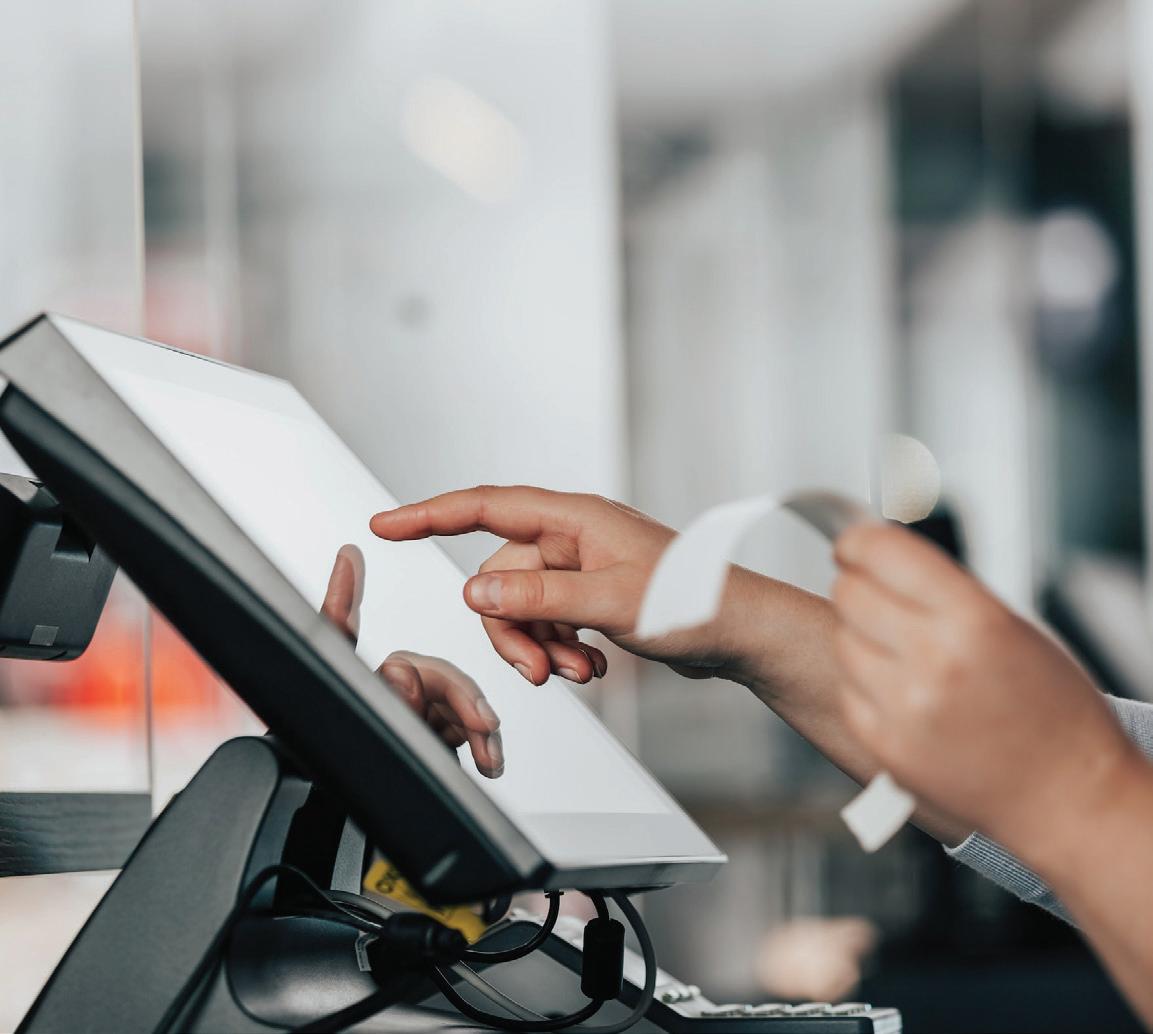
2 minute read
State of Digital
By Eric Nomis
Digital sales continue to grow, but at slower pace; tech solutions address inaccuracy in order fulfillment
Advertisement
Limited-service restaurant brands are increasingly relying on technology to grow their business. Digital sales will continue to grow, but at a more modest pace, according to restaurant POS platform Qu’s “State of Digital Report.” In its fourth annual version, the report includes findings that digital sales reached 25% of sales on average for the largest share of brands. Some attained 50% or more of their business from digital sales.
The report, which tapped into a survey of chief experience officers at more than 85 brands and 35,000 locations, collected information on key priorities and initiatives for the next two years. The data captures the essence of these executives’ investment priorities, top innovations, and critical business challenges that these executives seek to solve.
A total of 78% of limited-service respondents expected digital sales to increase this year. That represents a drop from the 85% of brands expecting an increase at the same time last year.
Additionally, 3% of limited-service brands expect a decrease, while 19% expect their digital sales to remain the same. Last year, the results were 0% and 14%, respectively.
As expected, quick service restaurants, or QSRs, commonly known as coffee shop & fast-food restaurants, specifically, project stronger digital growth in 2023 than their fast-casual counterparts. Among QSRs, 84% project digital sales will increase this year, versus 75% of fast casuals. Within the fastcasual group, 5% predicted that digital sales would actually decrease.
Looking ahead, as part of a shift toward platforming, half of limited-service operators say they will make a move to a unified ordering system in the next two years. The benefits, these operators indicated, will be improved data capture, integrations/APIs (Application Programming Interfaces), and internal efficiencies, according to Qu.
Artificial intelligence and updates to unified ordering system solutions will help drive labor efficiencies and improve accuracy. These advances will specifically help for problems with ordering inaccuracies, according to 65% of limited-service brand respondents. Ordering inaccuracies, especially from the kitchen, plague restaurants. As a result, guests report 15% to 20% lower satisfaction rates with the off-premises dining experience.
Aside from order inaccuracy-kitchen fulfillment (64%), consistent guest experience (66%), accuracy of orders – driver/order pickup (52%), and accuracy of delivery items (46%) were other top factors impacting the offpremises guest experience.
“This does not mean one size fits all, or a shift to one system for front and back of house,” said Amir Hudda, chief executive of Qu. “We want to give operators a choice and provide a platform that helps them reduce the complexities and inefficiencies associated with multiple ordering systems.”
Online ordering has been all the rage for the past three years, and ranked as the first priority up until 2022. Now, Cloud POS, Platforms, and Mobile/Loyalty solutions are top priorities, with Online Ordering ranked fourth.
Qu notes that, “This signals healthy evolution and maturation for brands who’ve already solved for online ordering and again points to the new focus on more unified systems and data collection.” To that point, only 7% of brands said they can easily extract and use data to drive decisions.
AI and machine learning (AI/ML) ranked at the top of the innovations priority list. A total of 70% of operators cite they will use AI/ML this year to increase efficiency, automated processes, profitability, and data collection/ intelligence. As such, it’s surprising that just 13% of operators selected AI/ML as a priority in 2022. Respondents noted robotics as another top innovation they’ll pursue.
A full copy of the 2023 Qu “State of Digital Report” can be found here.









